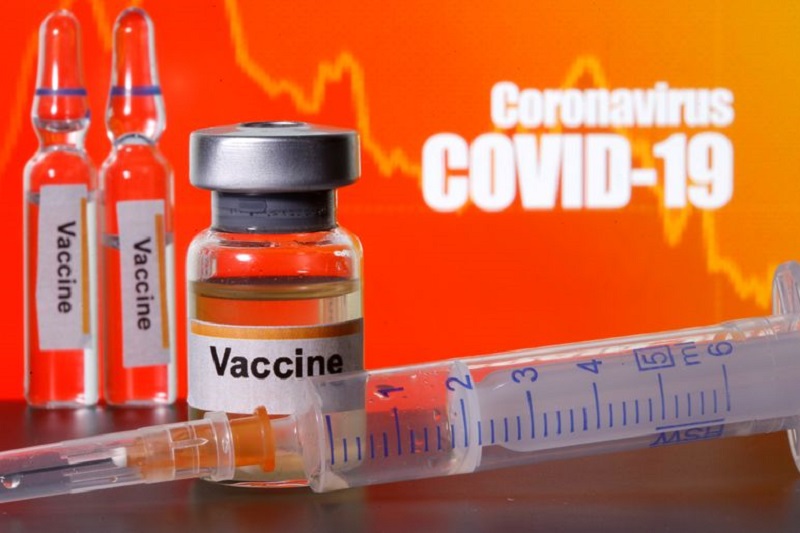By Byron Kaye
SYDNEY (Reuters) - Earlier this year, a low-key biomedical firm briefly toppled Australia's biggest bank and miner to become the country's most expensive company and a household brand, thanks to its part in the race to produce a COVID-19 vaccine.
But while the coronavirus pandemic has lifted CSL Ltd's (AX:CSL) investment profile, virus anxieties are also hitting its most lucrative business: taking blood from donors and converting it into medical treatment.
That pressure comes on top of growing ethical concerns about the way CSL taps paid U.S. donors, which analysts and investors warn could hit earnings.
Until recently, Brandi Haun, 37, gave blood twice a week at a CSL collection centre in downtown Dallas, using the payments to top up her income as an online retailer.
But after a year and a half, she quit, citing social distancing requirements and worries the needles were causing nerve damage.
"I didn't feel it was worth it anymore," Haun told Reuters in an online chat.
The United States is one of the few countries where it is legal to pay for blood donations and is home to 94% of CSL's 277 plasma collection centres.
Investor concerns were heightened in April when a Credit Suisse (SIX:CSGN) report warned of CSL's regulatory and reputational risks, citing studies that linked frequent donations to poor health effects like iron deficiency and weaker bone density, and worries about compromised safety at collection centres.
Those risks could herald stricter U.S. rules that limit paid plasma donations to 33 a year, the European limit, from 104 currently, the report said.
While there are no immediate signs of a tightening in U.S. standards, Credit Suisse said such intervention could cut CSL's earnings by 10% permanently and urged investors to "stress test" the possibility of tighter limits.
A CSL spokeswoman declined to comment directly on the Credit Suisse report but said the company was "committed to safe, effective, reliable therapies" with many "repeat donors who make a commitment to long-term donation because they recognise the life-saving benefits that these products provide."
CSL adheres to donation limits, rejects donors who failed medical and laboratory tests and checks a donor database to stop excessive donations, she added.
"There is the potential for CSL's ethical issues to turn into investment issues," said Damien Klassen, head of investments at fund manager Nucleus Wealth, which has CSL shares.
"At current prices there is a lot of growth expected from CSL and it will be important to keep an eye out to make sure that CSL are not cutting regulatory corners to meet those expectations."
VACCINE HALO
A promise to supply Australia's 25 million people with a coronavirus vaccine, if one becomes available, has boosted CSL's profile. That deal involves separate government-backed agreements to make vaccines being tested by Britain's AstraZeneca Plc (L:AZN) and Australia's University of Queensland.
Started as a government laboratory a century ago to supply vaccines during World War One, a series of acquisitions abroad since 2004 transformed CSL into the world's biggest maker of blood plasma products with operations from Germany to the United States.
Over the past three years, its market value tripled, briefly making it Australia's largest listed company in March.
While investor concerns raised in Credit Suisse's April report and resurgent mining stocks knocked it down to third place, lofty growth expectations have keep it ahead of Australia's biggest bank and only behind mega-miners BHP Group (NYSE:BHP) and Rio Tinto (NYSE:RIO).
But a coronavirus vaccine may only contribute a short-term boost to CSL's profit, which most analysts say would be too small to put a figure on. CSL said it was too soon to calculate the financial effects of a coronavirus vaccine.
For now, CSL makes 90% of its profit from plasma-based treatments for people with immune diseases like haemophilia and hereditary angioedema. That relies on a steady supply of blood, from which it extracts the prized binding agent.
This month, CSL lifted its 2021 profit forecast due to demand for both plasma treatments and non-COVID influenza vaccines, which has spiked in the pandemic. At the same time, COVID-19 constraints have put "raw material" collection some way off last year's level, it said.
"To-date, we have been able to satisfy all of our supply obligations for all products in our portfolio," the CSL spokeswoman told Reuters this week. "Nevertheless, the shortfall in plasma collection will likely impact (immunoglobulin) product supply in the coming months."
Immunoglobulin is an antibody that accounts for more than half of CSL's plasma treatment sales.
While plasma supply issues caused by COVID-19 weigh on the earnings outlook, some analysts are less concerned about the longer-term prospects, even with the kinds of risks raised by Credit Suisse.
"The reality is that the plasma collected in the U.S. is saving tens of thousands of lives and it's very unlikely that the U.S. government would change that," said John Deakin-Bell, an analyst at Citi who covers CSL.
"These are products that you need human plasma to make."
